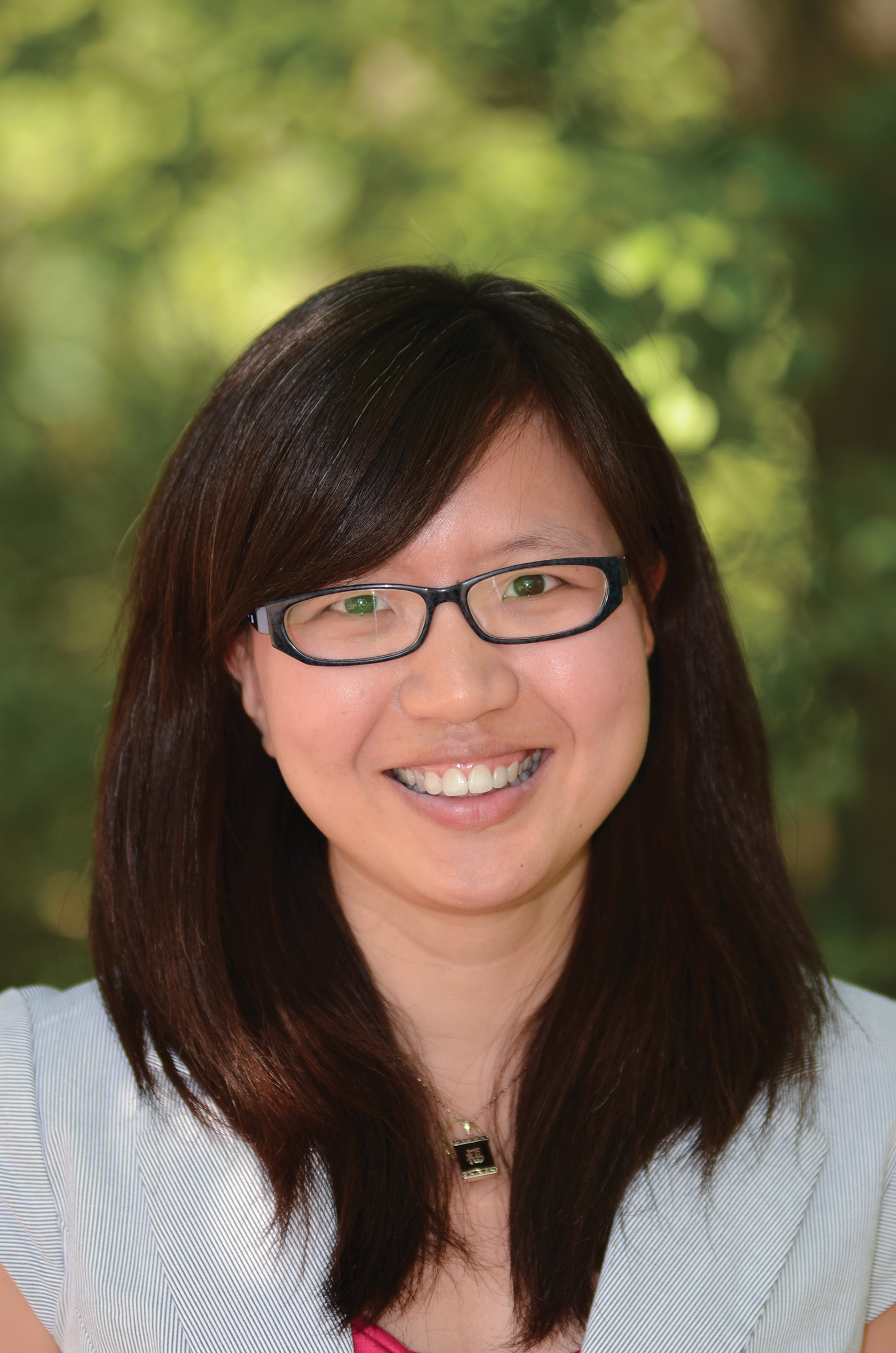Michigan State University is teaming up with the Michigan Department of Labor and Economic Opportunity to create new pathways for individuals with disabilities — particularly those from underrepresented racial groups — to pursue high-demand careers in science, technology, engineering, mathematics or medicine, known as STEMM.
Gov. Gretchen Whitmer announced the partnership through a $15.8 million grant from the U.S. Department of Education.
“The COVID-19 pandemic exposed and exacerbated far-reaching issues and disparities experienced by individuals with disabilities and other marginalized groups,” Whitmer said. “By addressing these disparities head-on and developing demand-driven career pathways, we can ensure access to good, promising and inclusive opportunities for all Michiganders. Together, we can usher in a new era of prosperity for our families, communities, and small businesses.”
Faculty members from the MSU Rehabilitation Counseling programs received the grant in collaboration with Michigan Rehabilitation Services, or MRS, which is part of Michigan’s labor department and serves individuals eligible for vocational rehabilitation throughout the state. Louisiana Rehabilitation Services, and Southern University and A&M College, an historically Black institution in Baton Rouge, will also co-develop and implement approaches to better prepare individuals with disabilities from marginalized groups for today’s changing job market.
Together, the two states expect to train 10 specialized career pathway coordinators who will serve 850 individuals with disabilities.
“This project is going to create an innovative model for other state vocational rehabilitation agencies and universities that train counselors across the country,” said Connie Sung, principal investigator and associate professor in rehabilitation counseling at MSU.
“We should not only focus on how we serve individuals with disabilities and help them enter into the workplace, but we should also change how the world thinks about them as untapped talents and their potential to contribute, especially in high-demand fields. This is very timely since October is National Disability Employment Awareness Month.”
MSU’s Rehabilitation Counseling programs, ranked No. 1 for high-quality graduate degrees and research efforts, have a long-standing partnership with Michigan Rehabilitation Services. Through Project Excellence, for example, MSU researchers work closely with MRS to evaluate programs and address new research questions.
Sung said the new federal grant project, called Project STEMM-UP, is the largest in the programs’ 65-year history. It will greatly expand opportunities for Rehabilitation Counseling students and scholars to positively impact the lives of those in the disability community facing some of the greatest challenges. This includes individuals in rural areas such as northern Michigan and individuals of color, especially in Detroit.
Approximately 31.7% of individuals with disabilities served by MRS are Black and experience a lower than average success rate in achieving employment, 47.7% compared to the 55.7% statewide average.
The team will build on existing evidence-based practices, including recent programs for transition-age youth developed at MSU, and adapt them for marginalized groups that involves creating new learning modules and experiences led by state coordinators. They also expect to partner with employers from STEMM fields.
“This project will allow us to shift how we support underrepresented and marginalized individuals with disabilities through assessing their interests and abilities, assisting in developing their career goals, and providing them with counseling, guidance and education and skills enhancement,” said Stephanie Beckhorn, director of LEO’s Office of Employment and Training.
The first phase of the project includes a comprehensive needs assessment, while phase two consists of intervention development, implementation and evaluation. An advisory board will also be created.
Collaborating faculty at MSU include Gloria Lee, Hung Jen Kuo, Emre Umucu and Beatrice Lee. Michael Leahy, who recently retired, will serve as a consultant. The lead faculty member at Southern University and A&M College is Madan Kandu, a two-time graduate of MSU’s Rehabilitation Counseling programs.
“This project will not only provide enormous research and outreach opportunities for our faculty as well as training opportunities and financial support for our graduate students, but also will further strengthen our already strong partnership with the community stakeholders,” Sung said. “The entire project team is beyond excited about working collaboratively on this important project to improve the lives of people with disabilities.”
